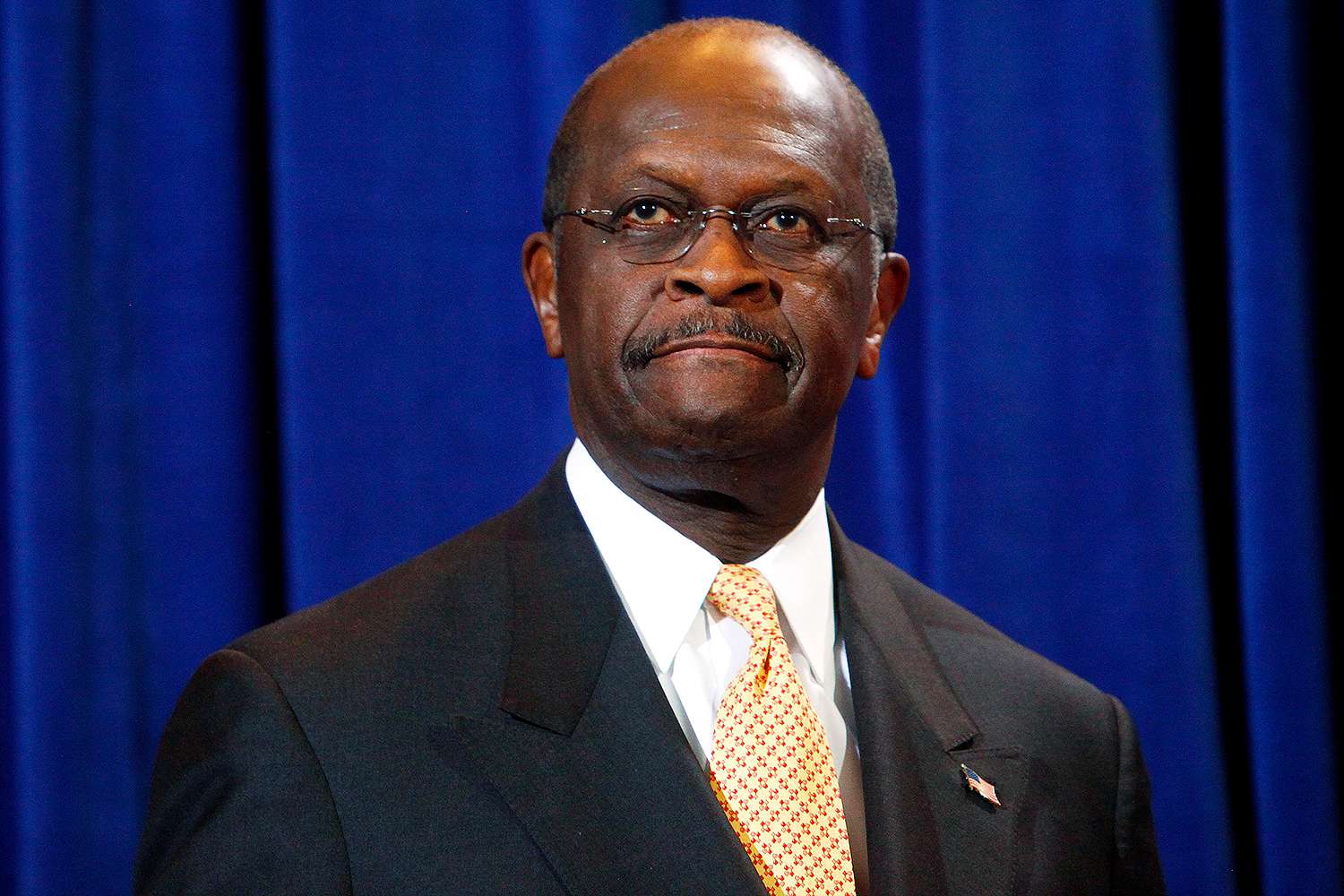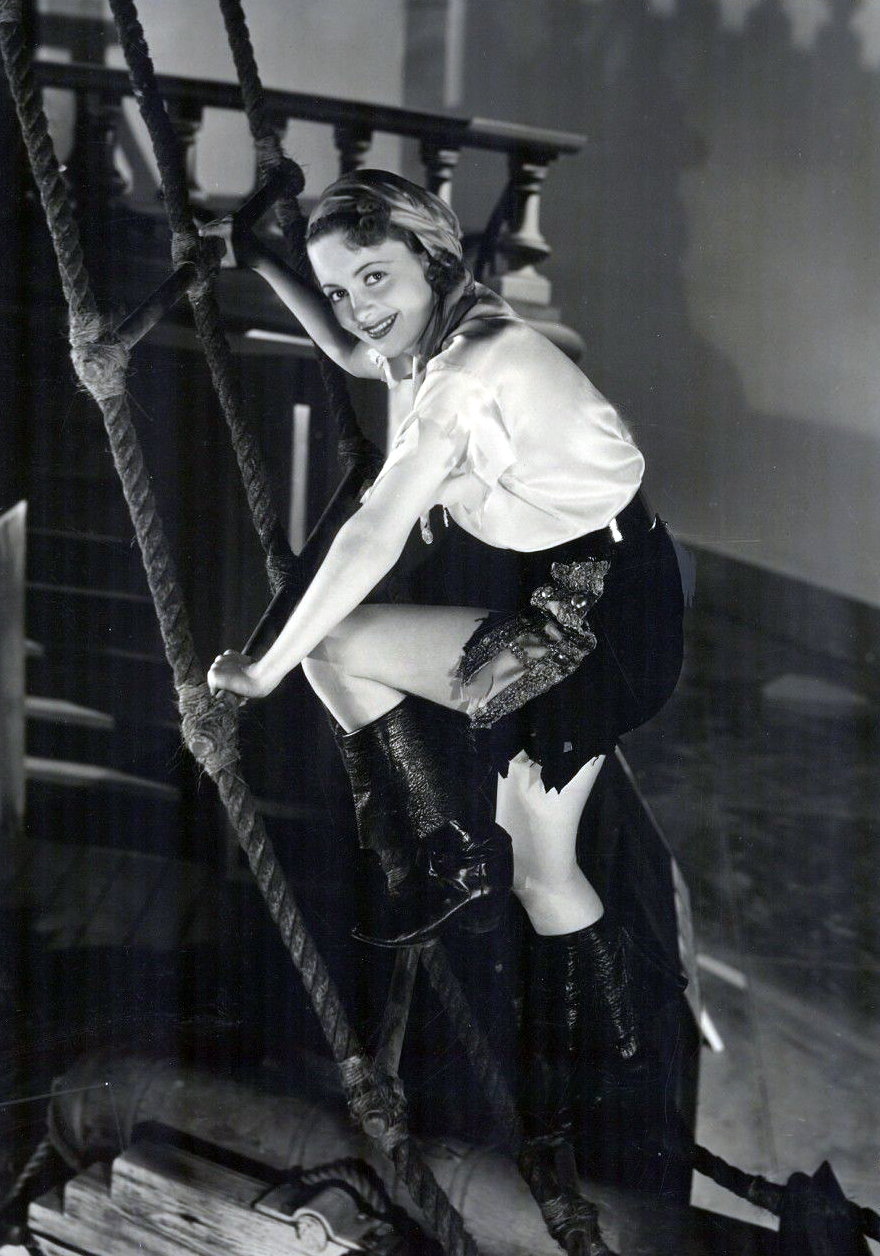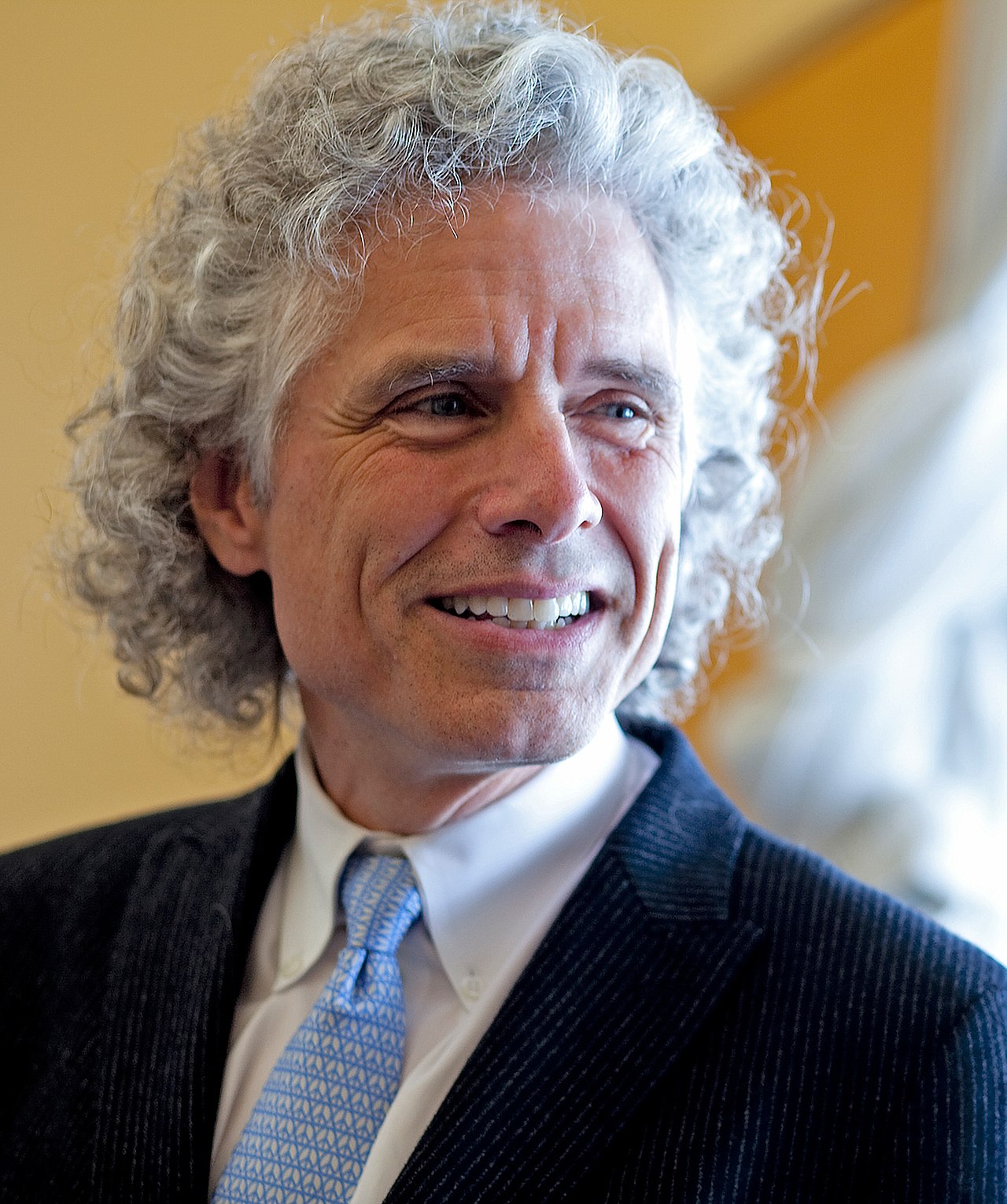Andrew Sullivan reviews an upcoming book which I’ve already pre-ordered: Cynical Theories: How Activist Scholarship Made Everything about Race, Gender, and Identity―and Why This Harms Everybody, by Helen Pluckrose and James Lindsay. Sullivan writes:
liberalism can include critical theory as one view of the world worth interrogating. But critical theory cannot include liberalism, because it views liberalism itself as a mode of white supremacy that acts against the imperative of social and racial justice. That’s why liberalism is supple enough to sustain countless theories and ideas and arguments, and is always widening the field of debate; and why institutions under the sway of Social Justice necessarily must constrain avenues of thought and ideas. That’s why liberalism is dedicated to allowing Ibram X. Kendi to speak and write, but Ibram X. Kendi would create an unelected tribunal to police anyone and any institution from perpetuating what he regards as white supremacy—which is any racial balance not exactly representative of the population as a whole.…Here's an excerpt from a 2019 New Yorker piece in which Kelefa Sanneh takes down Kendi's book How to Be an Antiracist, along with Robin DiAngelo's book White Fragility: Why It’s So Hard for White People to Talk About Racism.
Andrew Sullivan goes on:
these theorists … claim that their worldview is the only way to advance social progress, especially the rights of minorities, and that liberalism fails to do so. This, it seems to me, is profoundly untrue. A moral giant like John Lewis advanced this country not by intimidation, or re-ordering the language, or seeing the advancement of black people as some kind of reversal for white people. He engaged the liberal system with non-violence and persuasion, he emphasized the unifying force of love and forgiveness, he saw black people as having agency utterly independent of white people, and changed America with that fundamentally liberal perspective.The authors of Cynical Theories are 2 of the 3 people behind the academic hoax I posted about in 2018.
The gay rights movement, the most successful of the 21st century, succeeded in the past through showing what straights and gays have in common, rather than seeing the two as in a zero-sum conflict....
The women’s rights movement has transformed the role of women in society in the past without demonizing all men, or seeing misogyny as somehow embedded in “white supremacy”.
As we have just seen, civil rights protections for transgender people—just decided by a conservative Supreme Court—have been achieved not by seeing people as groups in constant warfare, but by seeing the dignity of the unique individual in pursuing their own happiness without the obstacle of prejudice.
In fact, I suspect it is the success of liberalism in bringing this kind of non-zero-sum pluralism into being that rattles the critical theorists the most. Because it suggests that reform is always better than revolution, that empirical truth is on the side of the genuinely oppressed and we should never fear understanding things better, that progress is both possible in a liberal democracy, and more securely rooted than in other systems, because it springs from a lively, informed debate, and isn’t foisted on society by ideologues.
The rhetorical trap of critical theory is that it has coopted the cause of inclusion and forced liberals onto the defensive. But liberals have nothing to be defensive about. What’s so encouraging about this book [Cynical Theories] is that it has confidence in its own arguments, and is as dedicated to actual social justice, achieved through liberal means, as it is scornful of the postmodern ideologues who have coopted and corrupted otherwise noble causes.
This is very good news—even better to see it as the Number 1 Amazon best-seller in philosophy long before its publication date later in August. The intellectual fight back against wokeness has now begun in earnest. Let’s do this.
Here’s one of the authors, Helen Pluckrose, reading a summary of the book:
Cynical Theories explains how theory has developed into the driving force of the culture war of the late 2010s, and proposes a philosophically liberal way to counteract its manifestations in scholarship, activism, and everyday life. The book charts the development of the evolving branches of cynical postmodern theory over the last 50 years, and shows that it has influenced current societies in ways the reader will recognize.… This book is a story about how despair found confidence, which then grew into the sort of firm conviction associated with religious adherence.…
The book's other author, James Lindsay, has a new piece called "No, the Woke Won't Debate You. Here's Why." Excerpt:
I can’t tell you how many times I’ve been asked why it is that the Woke won’t seem to have a debate....That whole piece is worth reading, and I have a feeling that his and Pluckrose's upcoming book, Cynical Theories, is going to be worth reading too.
It is not, as many think, a fear of being exposed as fraudulent or illegitimate—or otherwise of losing the debate or looking bad in the challenging conversation—that prevents those who have internalized a significant amount of the Critical Social Justice Theory mindset that prevents these sorts of things from happening. There’s a mountain of Theoretical reasons that they would avoid all such activities, and even if those are mere rationalizations of a more straightforward fear of being exposed as fraudulent or losing, they are shockingly well-developed and consistent rationalizations that deserve proper consideration and full explanation....
Critical Social Justice activists ... tell us constantly about the high emotional labor costs of doing the “work” they do (and never being taken seriously for it). To invite them to a public conversation or debate is to ask them to get exploited in this way for other people’s benefit by getting up on stage in a dominance-approved paradigm with a bad-faith moral monster who just wants his opportunity to reinforce the very dominance that exhausts them....




